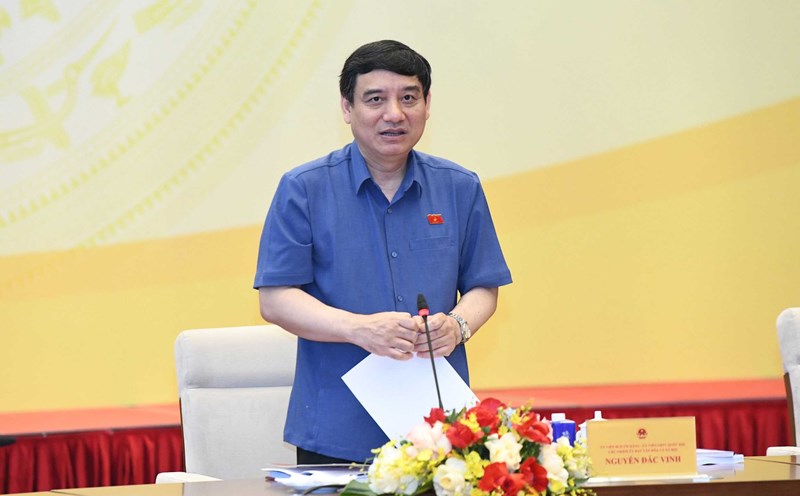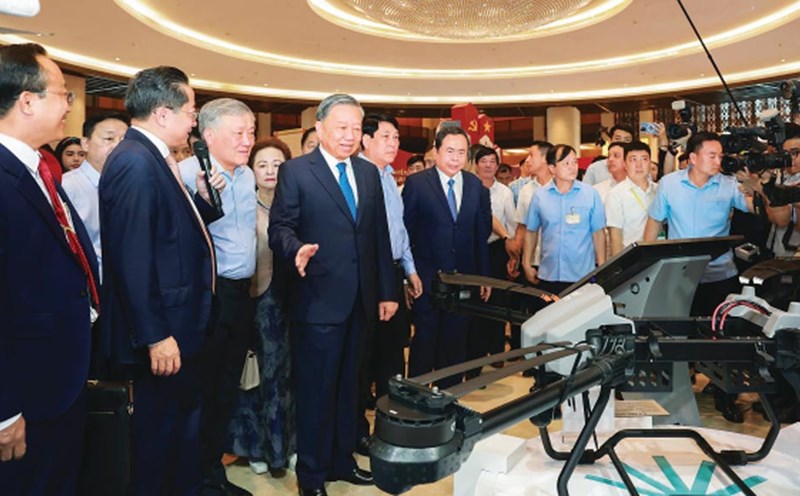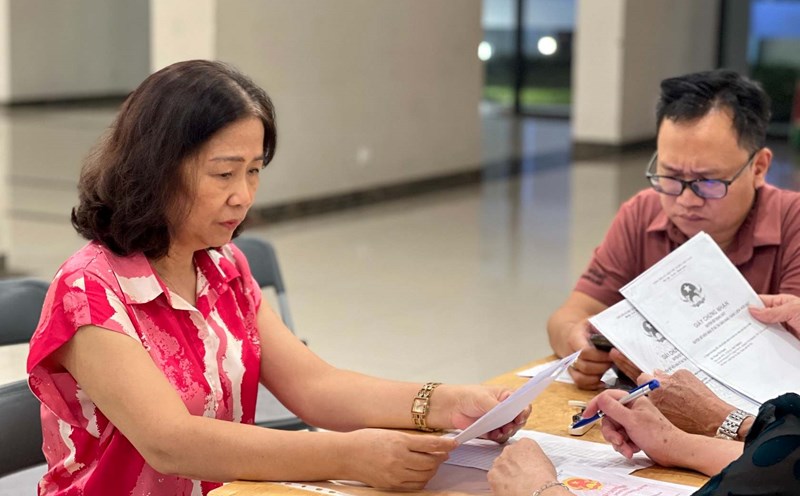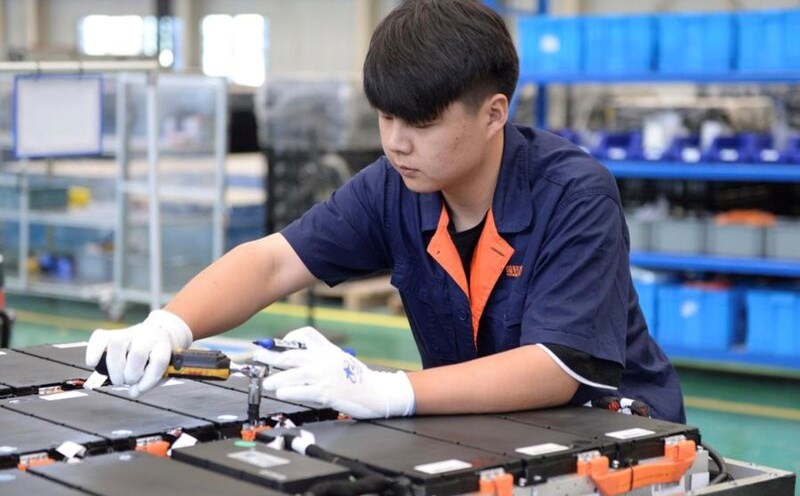Reducing administrative procedures
The above information was given by the Ministry of Education and Training (MOET) at a seminar on commenting on the completion of the draft Law on Amendment and Supplementation of a Number of Articles of the Law on Education and the Law on Higher Education (amended).
According to Ms. Mai Thi Anh, Director of the Legal Department (Ministry of Education and Training), the highlight of the Draft Law amending and supplementing a number of articles of the Education Law is the strong decentralization and delegation of authority to the Ministry of Education and Training, localities and educational institutions.

Accordingly, the authority to specify the details of career guidance and traffic flow will be transferred from the Government to the Minister of Education and Training; Chairman of the Provincial People's Committee approved for local educational documents; Principal to issue high school graduation certificates will replace the Director of the Department of Education and Training. Abolishing the issuance of junior high school graduation certificates and replacing them with certificates of completion of study programs helps reduce administrative procedures, in line with the generally accepted standard of junior high school education and international practices.
The draft also adds many new contents: Regulations on popularizing preschool education for children aged 3 - 5, mandatory secondary education; applying AI in education; The State provides a set of unified textbooks nationwide for free. At the same time, expand land and tax incentives; supplement national scholarship funds, innovate gift-giving school models, and supplement boarding schools in border communes.
To ensure legal consistency, the draft adjusts many regulations on traffic flow, connectivity, quality assessment, and an open and flexible national education system. About 55% of current administrative procedures are expected to be cut and simplified.
To meet the requirements of digital transformation, the Law adds regulations on electronic diplomas and certificates, allowing online issuance, lookup and authentication; strengthening scientific and technological activities, building a national database on education, promoting international cooperation and innovation.
Increase autonomy, innovate governance and ensure quality

Regarding the Draft Law on Higher Education (amended), Mr. Nguyen Tien Thao, Director of the Department of Higher Education, said that there are four major points: positioning the pioneering role of higher education in training high-quality human resources and innovation; affirming autonomy as the legitimate right of higher education institutions associated with accountability; innovating governance and state management methods in a professional direction, shifting from pre-inspection to post-inspection, applying digital technology in management; expanding and diversifying resources, creating an equal competitive environment between the public and the private sector.
The draft specificates six major groups of policies approved by the Government in Resolution 191/NQ-CP, including: Higher education activities; organization and operation of higher education institutions; responsibility of the State; mechanism to ensure quality and international integration; team development; and financial mechanisms and conditions to ensure higher education.
A noteworthy point is the draft proposal not to establish school councils in public facilities, while promoting the comprehensive leadership role of the Party organization in strategic planning, personnel work and resource allocation.
The draft Law also stipulates that higher education institutions are the national center for research, development and innovation; link training with scientific research and technology transfer; expand the scale and improve the quality of postgraduate training, especially in key areas.
The draft also proposes to allocate the budget according to the quality and efficiency of activities; mobilize social resources for research and innovation; supplement tuition policies and financial support to ensure fairness in access to higher education; perfect foreign cooperation and investment policies...











